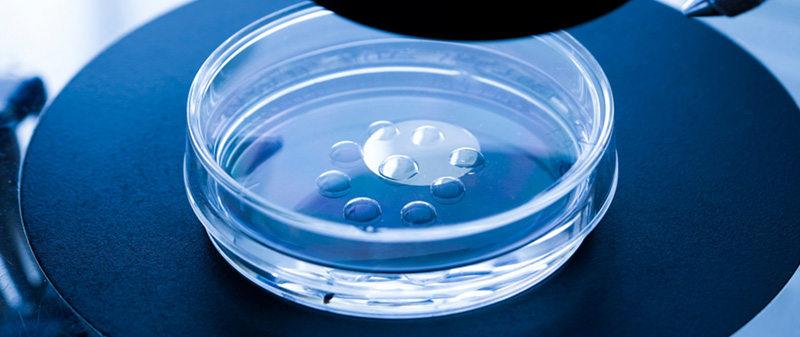Supreme Multispeciality Hospital: Ghatkopar West, Mumbai

Donor insemination (DI) is a fertility treatment option used to help individuals or couples conceive when there are issues with sperm quality, quantity, or genetic factors affecting fertility. During the donor insemination process, sperm from a carefully screened sperm donor is inserted into the woman's reproductive tract, typically through intrauterine insemination (IUI) or occasionally through in vitro fertilization (IVF). Donor sperm can be used by heterosexual couples experiencing male infertility, single women, or same-sex female couples desiring to conceive.
The process of donor insemination begins with the selection of a sperm donor from a licensed sperm bank or fertility clinic. Donors undergo rigorous screening to ensure they meet specific health, genetic, and psychological criteria. Once a suitable donor is chosen, the donor sperm is prepared and inseminated into the recipient's uterus during the woman's fertile window. Donor insemination offers a viable option for individuals or couples facing fertility challenges, providing the opportunity to achieve pregnancy and build a family with the help of donor sperm.